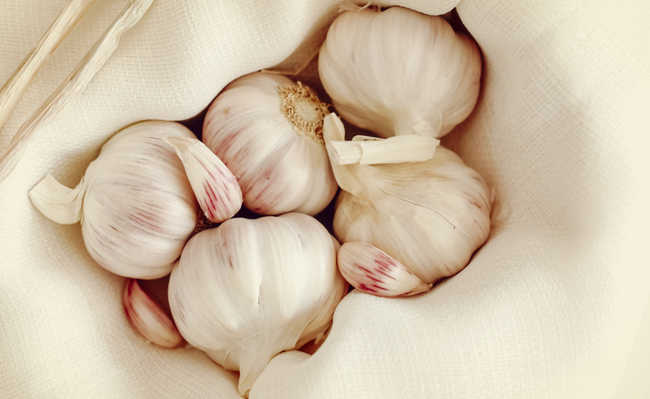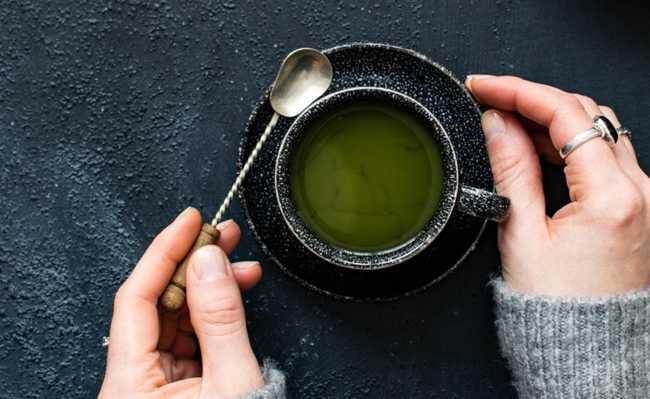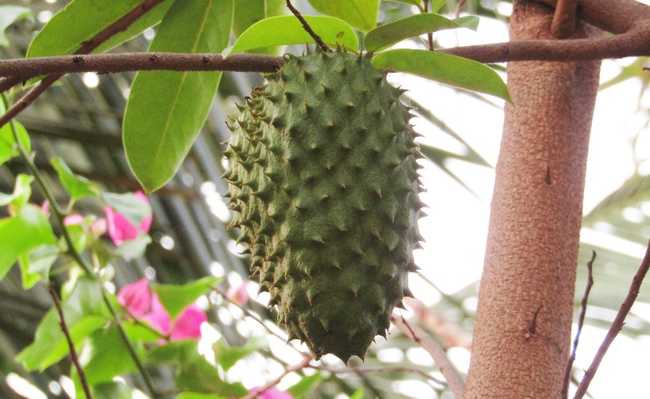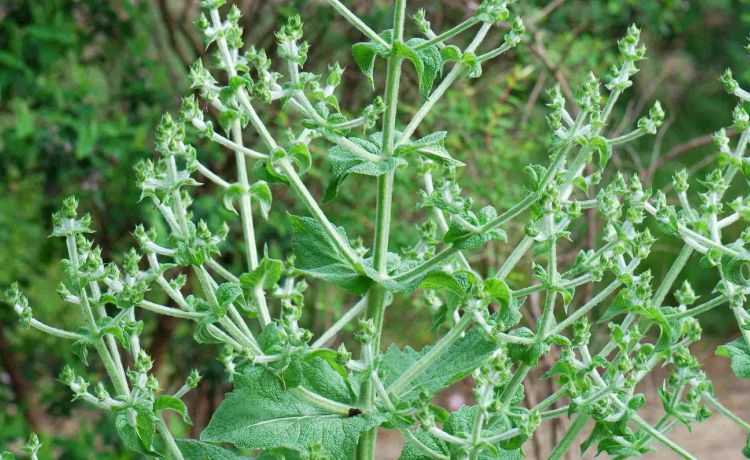18 natural remedies to grow at home
Discover herbs and plants with culinary use that also work as natural remedies

Edited and resized image from Skyla Design is available on Unsplash
Having a flower bed with herbs and spices at home, in addition to being good for diversifying your recipes, is also a great option to solve minor health problems that arise due to tiredness or lack of stamina, such as headaches and sore throats. . It is possible to make many types of natural remedies using only plants that can be grown in pots or small spaces.
In addition to treating the symptoms of simpler illnesses, using natural remedies is also very good to avoid overuse of medications. Remember that it is always advisable to see a doctor or doctor - especially if the problem is recurrent or gets worse.
Natural remedies for planting at home
aloe vera or aloe

Edited and resized image by Maeva Pinareddu, is available on Unsplash
Can be planted in pots. She loves sunshine and lots of water. And to use it as a natural remedy, break the thick leaves and apply the gel (which drains from the plant) directly on the skin (soothes sunburn). According to the founder of The Organic Pharmacy, UK, Margo Marrone, the aloe vera leaf is 96% water and 4% active ingredients, such as amino acids and enzymes, which nourish damaged skin.
Basil
This plant is ideal for growing in pots. Remember to remove the white flowers as soon as they appear, to prevent the herbs from having a bitter taste and also so that they don't take over the plant. In addition to being a natural repellent (see six plants that work as a natural repellant), basil is also one of the natural remedy options for relieving headaches.
To do this, simply rub crushed leaves on the temporal bone of your head. And you can also use the leaves of this plant to take a footbath, which is great for alleviating diseases such as bronchitis, laryngitis, cerebral congestion, among others. To prepare the bath, just pour boiling water over the basil leaves.
- Six Natural Migraine Remedy Options
Lavender
It loves sun and needs good drainage. Use a small pot filled with gravel and light earth. Lavender has antiseptic and anti-inflammatory properties. To experience these benefits, you can prepare a steam bath for your face. To do this, crush a handful of lavender "heads" and add them to a bowl of boiling water. You can also use the oil from your flowers and apply it to your body's blemishes and scars.
- Lavender hydrolate is an excellent relaxant and hydrates the skin
Lemongrass
Plant it in a separate pot - as it grows easily and quickly, it will take care of your gardener if this care is not taken into account. Lemon balm is one of the natural remedies you can use to prevent and soothe wounds - just apply it to the affected area. Also, if rubbed directly onto the skin, it acts as a natural insect repellent, as well as alleviating stinging pain. Be careful not to confuse lemongrass with lemongrass, also called capim santo.
Mint
Use a deep pot to plant the mint, as it grows a lot. Drinking tea with fresh mint leaves relieves stomach pain, nausea and flatulence. And to make a natural decongestant, just put a handful of herb leaves in a shallow bowl and cover with boiling water. Then lean over the bowl, place a towel over your head and breathe in the steam, just like you do with natural herbal inhalation.
Parsley
Once planted in the pot, leave the parsley (also called parsley) in the sun and, in the meantime, keep the soil moist. Use organic fertilizer. Parsley boosts the immune system. Eat a tablespoon of parsley daily. You can also use parsley tea as an option among natural remedies to freshen bad breath, improve nasal discomfort and circulation. Learn more in the article: "Parsley tea: what it is for and benefits".
Rosemary

Edited and resized image by Francisco Delgado is available on Unsplash
This plant also loves sunlight. Rosemary tea is a great natural remedy to help lift your spirits. When preparing tea, the secret is to use a piece of the plant (about the size of your thumb) and a cup of water to preserve the active ingredients of the herb. Learn "how to plant rosemary?".
Sage
It needs constant sun and a dry, sandy soil for cultivation. Its use as a natural remedy is indicated to relieve sore throat. Gargle the broth made from a quarter cup of chilled sage leaves.
Thyme
Grow in dry, light soil that gets a lot of sun. It is a powerful antioxidant and antiseptic in tea form. Drink a tea made from lemon thyme to treat colds before bed. Just be careful not to use thyme if you are pregnant, as it can stimulate the uterus to contract.
Carrot
It needs a lot of light and the soil must not have any stones or debris for the root to grow without obstacles. Carrots are one of the natural remedies that fight hormonal disorders, colds and have effects on bowel function. It is anti-diarrheal, but in excess it ends up having the opposite effect.
catnip
It's not just the pussies that are happy with the weed. We can also take advantage of it as a natural remedy, as chewing its leaves helps to relieve toothaches and reduce fevers. Your tea can be used as a tranquilizer. The plant grows best in cold climates and doesn't need many hours of sun a day.
Garlic

Image of Gaelle Marcel in Unsplash
It prefers places with plenty of natural light and well-drained soil. Growing garlic in winter is believed to help produce larger bulbs. Garlic acts as an anticoagulant, bactericide and antioxidant, in addition to fighting nasal congestion and helping to prevent cancer in the digestive tract. Many doctors recommend eating two cloves of garlic a day to lower cholesterol.
- Ten Benefits of Garlic for Health
Dandelion

Hans Linde image by Pixabay
It grows like a weed in many gardens, but what a lot of people don't know is that its flower is sweet and the younger leaves look really good in salads (leaves that have grown longer are bitter, you might like them braised). Dandelion leaf has more iron and calcium than spinach.
Among its many benefits, the best known is the stimulation of liver activity. Dandelion tea aids liver metabolism, eliminating toxins more easily, and increases bile flow, aiding in the digestion of fats. But beware: do not use dandelion as a natural remedy if you are pregnant or being treated with antibiotics, anticoagulants, gastric protectors or lithium-based medications.
- Dandelion: plant is edible and has health benefits
Oregano
It's very easy to plant: it grows in hot or cold climates, it just needs moist, fertile soil. The more natural light the better, but it can do well in the shade too. Its tea relieves coughs, indigestion, cramps and muscle and headache pain, in addition to being antifungal.
- Oregano essential oil: applications and benefits
celery or celery
It prefers milder climates and the land should be well nourished. The use of celery as a natural remedy brings many benefits: it has a diuretic action, combats constipation, relieves heartburn, is a source of calcium, reduces cholesterol (because it increases the secretion of bile acids), replenishes electrolytes lost in physical activity , has anti-inflammatory properties and even acts as a support to prevent ovarian cancer.
Burdock
Plant it in a deep soil, as its roots grow a lot (this is mainly the part of the plant that is used) and in a permanent place, as they do not support transplanting well. It has diuretic and bactericidal properties and is a great option for those looking for natural remedies against skin problems.
strand
It may not be very easy to find the sandy clay soil it needs, but once planted, wormwood is excellent: resistant to disease and insects and does very well with organic fertilizers. Wormwood helps fight bad breath, menstrual cramps, heartburn and even anemia. It's also a great insect repellent, including lice.
Arnica
He is very fond of sunlight and clayey-sandy soil. Its ointment is famous for relieving bruises, but beware: arnica is toxic if ingested. Try to place the vase in a high place, out of reach of children and pets. To use it as a natural remedy, prepare the following ingredients: one part fresh arnica, five parts grain alcohol (available in pharmacies) and five parts water. Chop the plant and mix it with the other ingredients. Let it sit for at least 15 days (you can then store for up to a year) and compress one part of the mixture diluted with nine parts of saline.
In the case of all these herbs and plants, use as a natural remedy is an option to alleviate symptoms and should not replace other medications recommended by your health care professional. If you have a mild illness, use one of these natural remedies and don't get the results you want, get in touch with your doctor.










